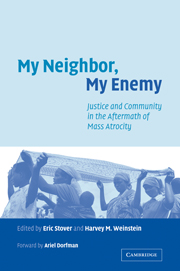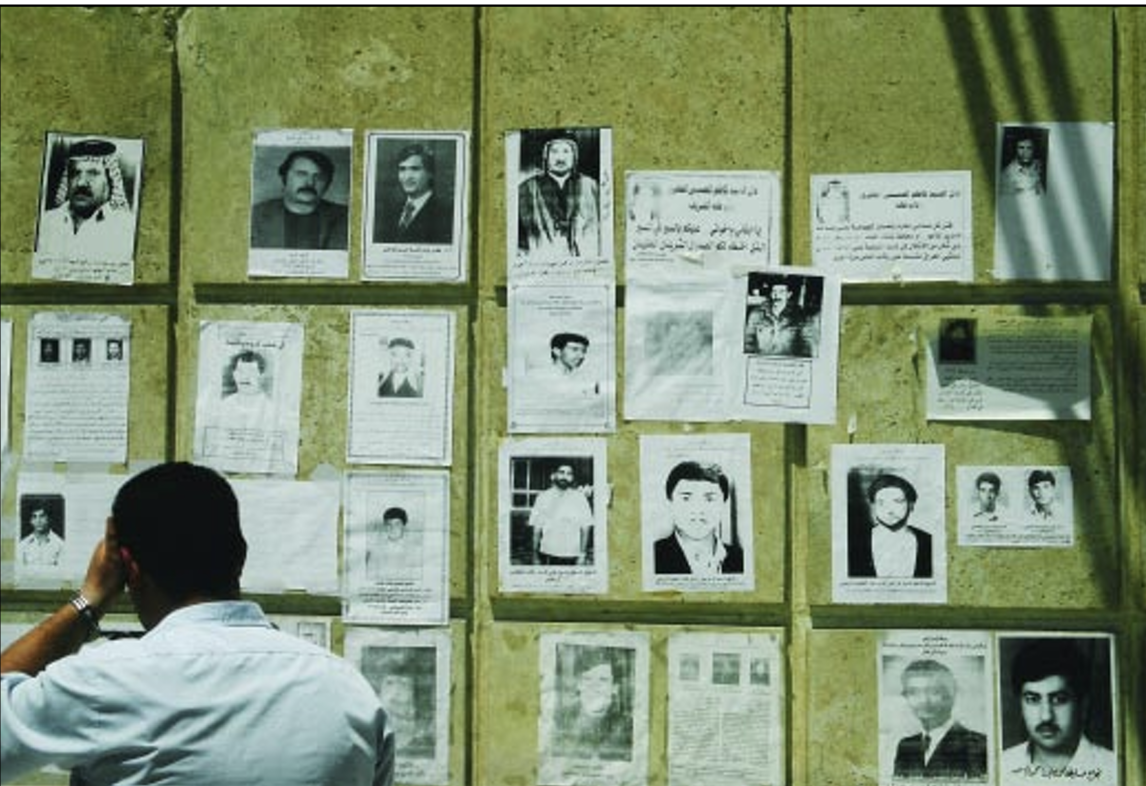My Neighbor, My Enemy: Justice and Community in the Aftermath of Mass Atrocity
Summary
Tackling the crucial issue of our day–the rebuilding of countries following ethnic cleansing and genocide, this book evaluates the role of trials and tribunals with regard to social reconstruction and reconciliation. The voices of the people of Rwanda and Yugoslavia are heard through the results of extensive surveys and recorded conversations. Their thoughts of past and future controversially conclude that international and local trials have little relevance to reconciliation. The contributors find that communities interpret justice far more broadly than defined by the international community and the relationship of trauma to a desire for trials is not clear-cut. An ecological model of social reconstruction is proposed, suggesting that coordinated multi-systematic strategies must be implemented if social repair is to occur. Finally, the contributors suggest that, while trials are essential to combat impunity and punish the guilty, their strengths and limitations must be acknowledged.

